It feels strange to see the words "anti-diet" and "vegan" next to each other. Isn't veganism a diet? Listen to find out why it doesn't have to be.
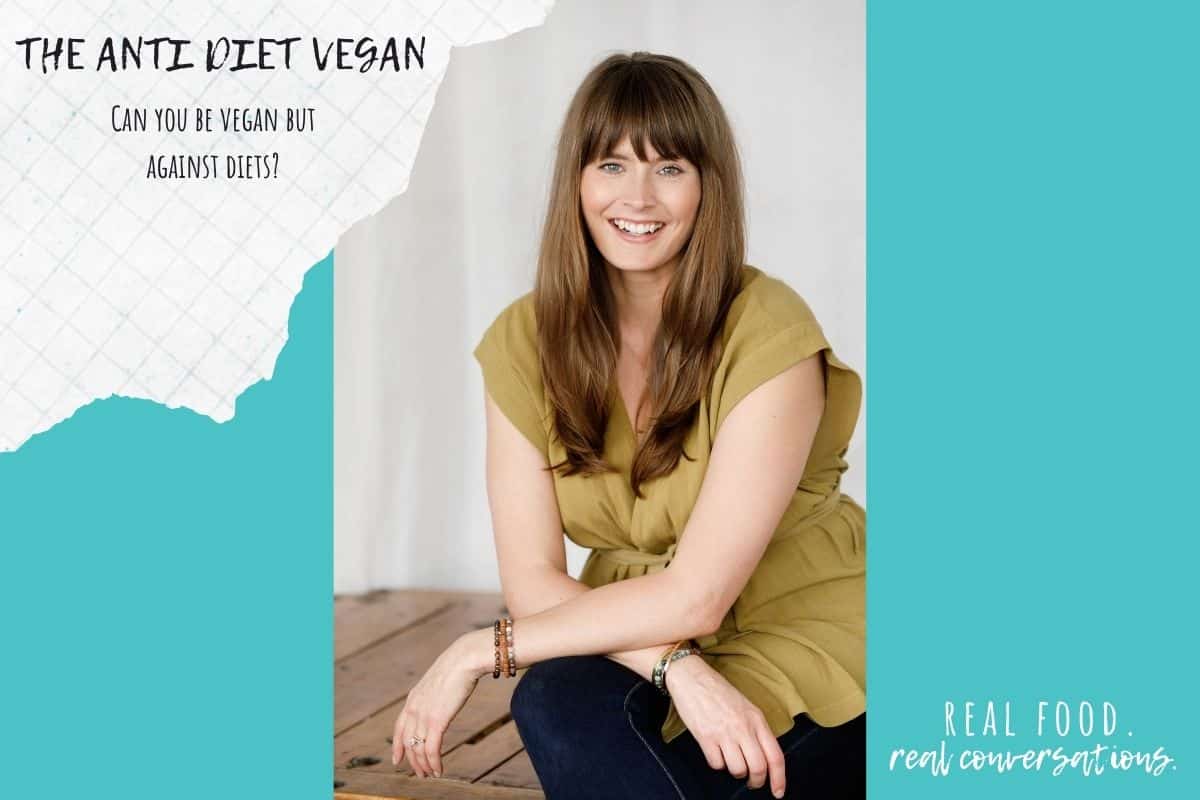
Just because you choose to eat a certain way, it doesn't mean you have to fall to the hands of the diet world. Today's guest spills all the info on how you can choose to be vegan and also be anti-diet!
Podcast: Play in new window | Download | Embed Subscribe now! Apple Podcasts | iHeartRadio | TuneIn | Deezer | RSS | More
Taylor Wolfram, MS, RDN, LDN, is a private practice dietitian, health writer and consultant based in Chicago, Illinois. She has expertise in vegan nutrition, uses a Health At Every Size® approach and believes everyone has a right to body autonomy and respect.
She instructs an online course called Anti-Diet Vegan Nutrition, in which she teaches folks how they can meet their nutrient needs through vegan food, beverages, and dietary supplements, without any diet culture nonsense or restrictive advice.
You can also grab her vegan intuitive eating freebie here! Just sign up in the field at the very top and it's all yours.
What is Anti-Diet?
In simple terms, the word anti-diet means resisting diet culture. The notion of dieting, going on a diet, counting calories, restricting things like carbs, demonization of certain foods, etc.
It fights against the idea that body size determines health, and that thin is healthy and large is not. Basically one look for all of us.
Anti-diet is not just about what you eat, but also the mental health behind it. The why you are eating something, or not eating it.
Weight Loss and Anti-Diet
So what about losing weight, how does that come into play with the anti-diet movement? The short answer is that it doesn't. Weight loss is not a goal when looking to follow an anti-diet process.
It is believed that pursuing intentional weight loss is more likely to cause regain, followed by experiencing both physical and mental health issues. There is actually no evidence based way to lose weight and keep it off in a safe way.
Instead of pursuing weight loss, people can pursue health promoting behaviors. So you are not trying to lose weight, but instead work on your overall wellness.
Research actually shows that over time, yoyo dieting actually raises your weight set range (the range of weight you naturally have).
This is also called happy healthy weight, the weight you have when you're eating and taking care of yourself in a way that has no restrictions or judgments. One example of this is intuitive eating.
Anti-Diet and Intuitive Eating
Intuitive eating was created in 1995 by two registered dietitians, but there are now more than 125 research studies on it. In simple terms it is when you use your instinct, emotion and thought to help you make decisions about food. It is based on ten specific principals.
When you engage in intuitive eating, you cannot do so with the intention to lose weight or it will turn into a diet. You look at your weight from a neutral standpoint. Whether you lose it, gain it or it stays the same it is not celebrated or looked down upon.
We are actually born intuitive eaters, but diet culture leads us away from it.
The difference between the anti-diet movement and intuitive eating is that anti-diet is simple a broad movement, where intuitive eating is one framework and one approach within the anti-diet movement itself.
Another way we can focus on our inner selves when it comes to eating is mindful eating. I talked about mindful eating in my chat with Ashley Kitchens.
Veganism and Anti-Diet
Veganism has been promoted as a diet by many, but it's actually an ethical belief system. While food is part of it, overall it is a lifestyle one chooses to live.
You can eat a vary varied vegan eating plan and not feel restricted. Especially in today's world where there are vegan options for almost anything.
The second the intention for being vegan is weight loss, or something to that effect, being vegan will feel restricted.
The key to eating a vegan diet and live with an anti-diet intention is to avoid restrictions like oil, processed meats and cheese, etc.
Taylor's course, Anti-Diet Vegan Nutrition, is to learn about vegan nutrition and what you need, without the diet culture attached to it.
Disordered Eating Red flags
There are many things to look for when it comes to identifying disordered thinking with food. A few main ones are:
- Going through many years dieting.
- Not knowing how to trust your body, since you are so used to following a certain set of food rules.
- Participating in any sort of restriction.
- Doing compensatory behaviors, like working out because you ate a certain way or feeling you need to exercise because you will eat something.
If you are looking to work on your relationship with food, make sure to seek a licensed professional that focuses on this subject. Diet culture is out there and even pushed by doctors.
Also, don't forget to grab Taylor's vegan intuitive eating freebie here! All you need to do is sign up in the field at the very top.

PS- If you liked this episode of Real Food Real Conversations, please subscribe and leave me a review!
And tag me on Instagram whenever you're listening! I reply to all my messages!


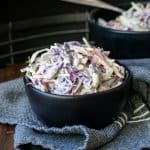

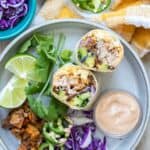
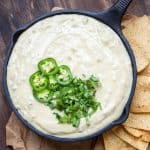

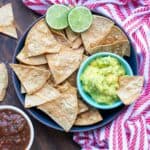
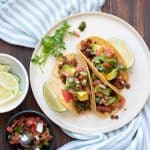




Questions or comments? Let me know below!